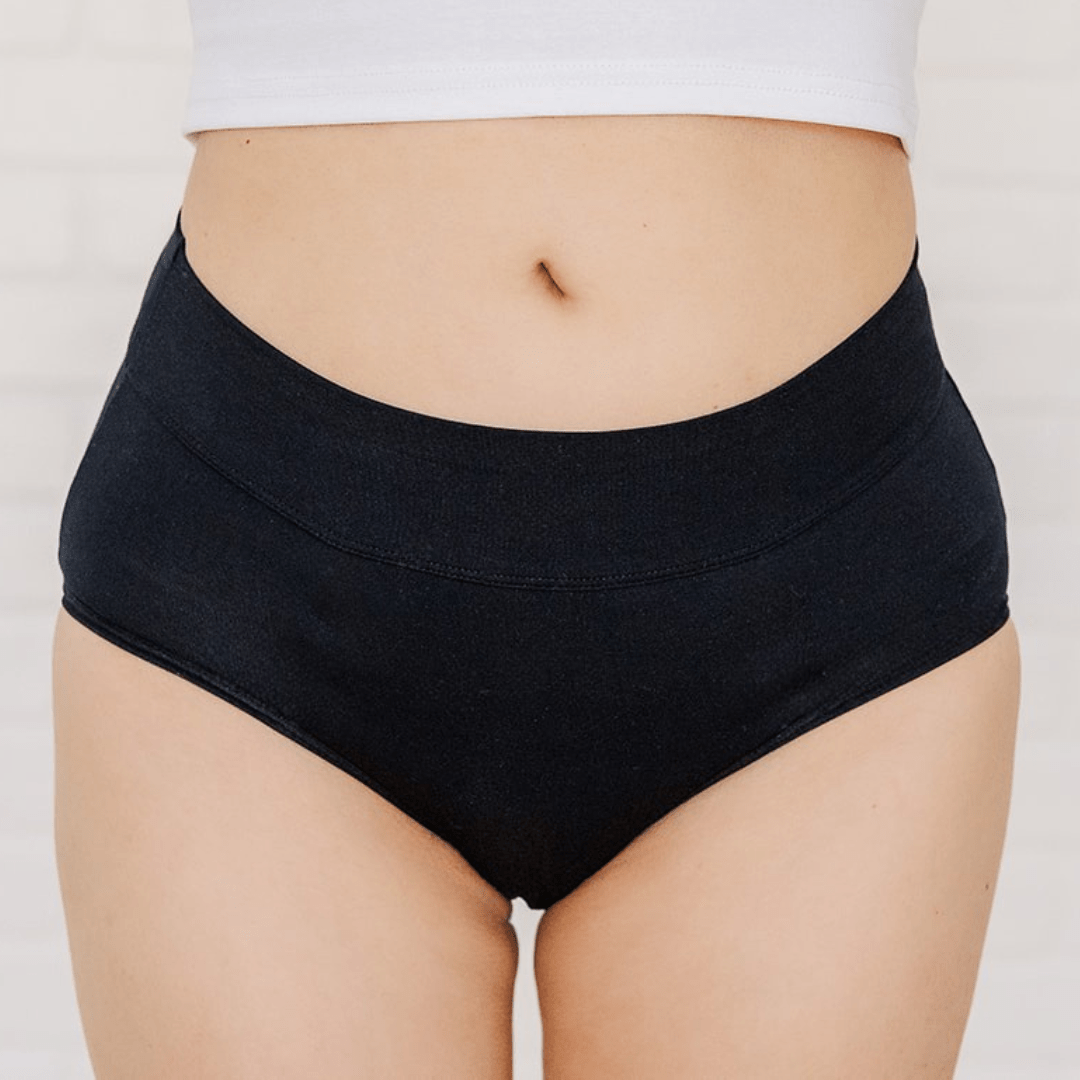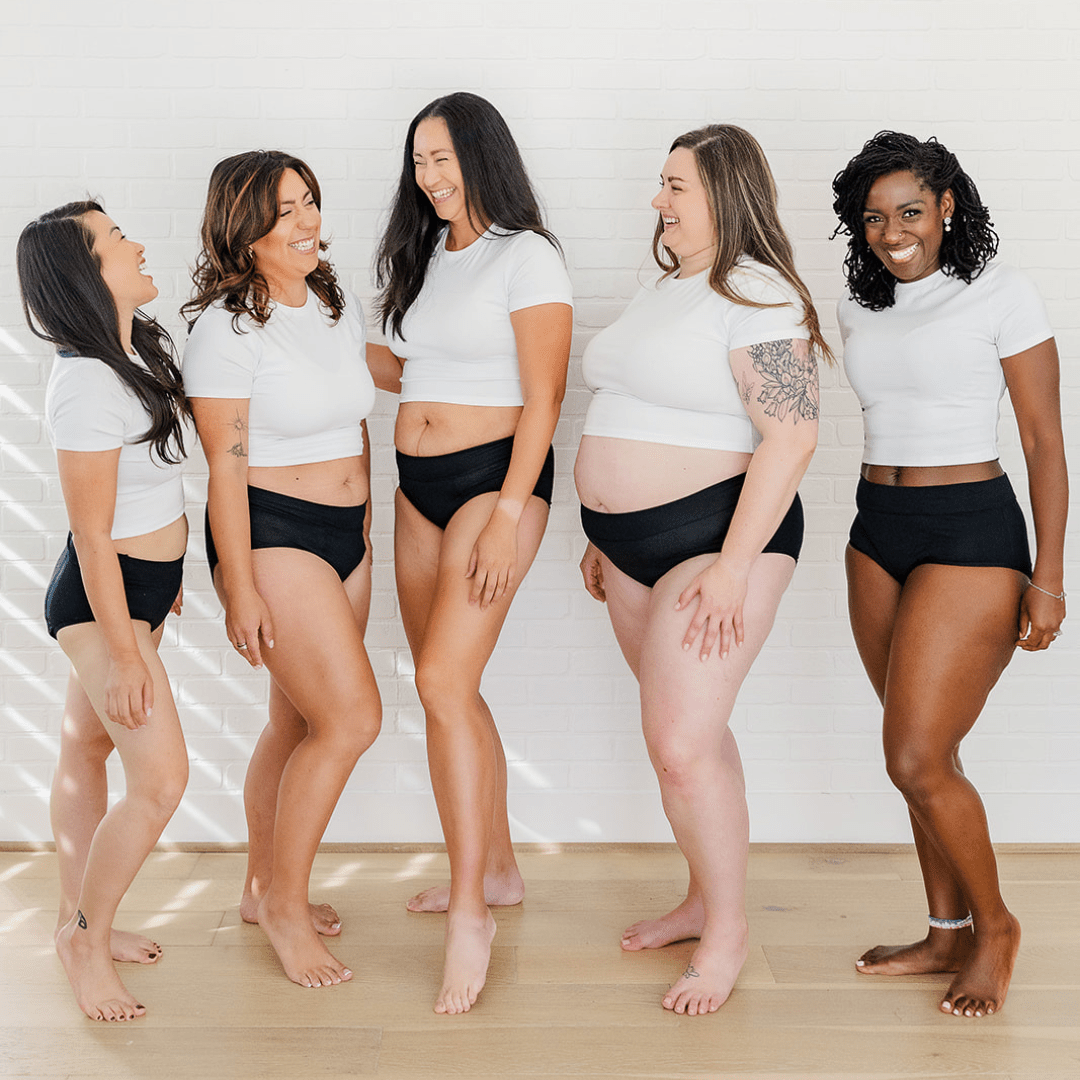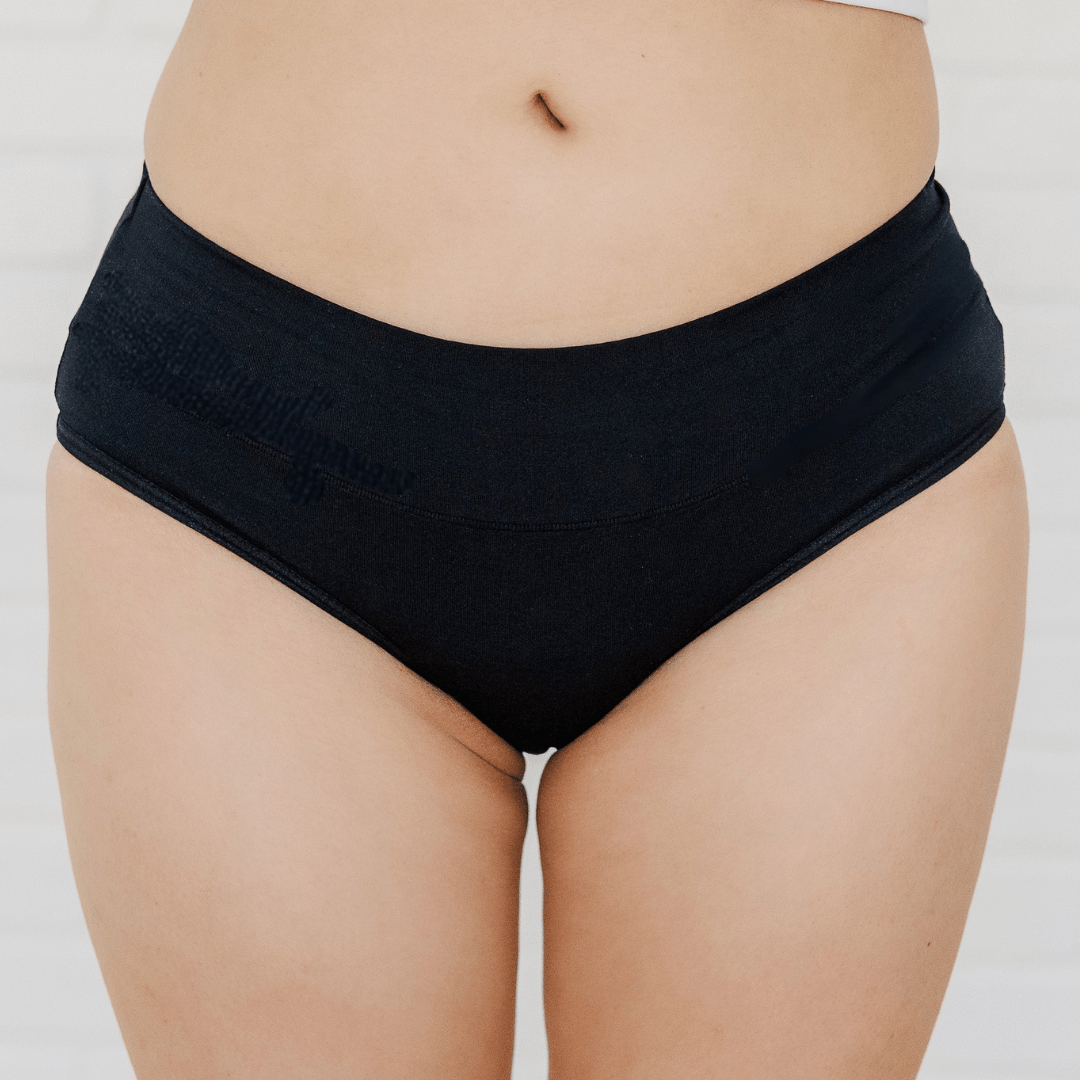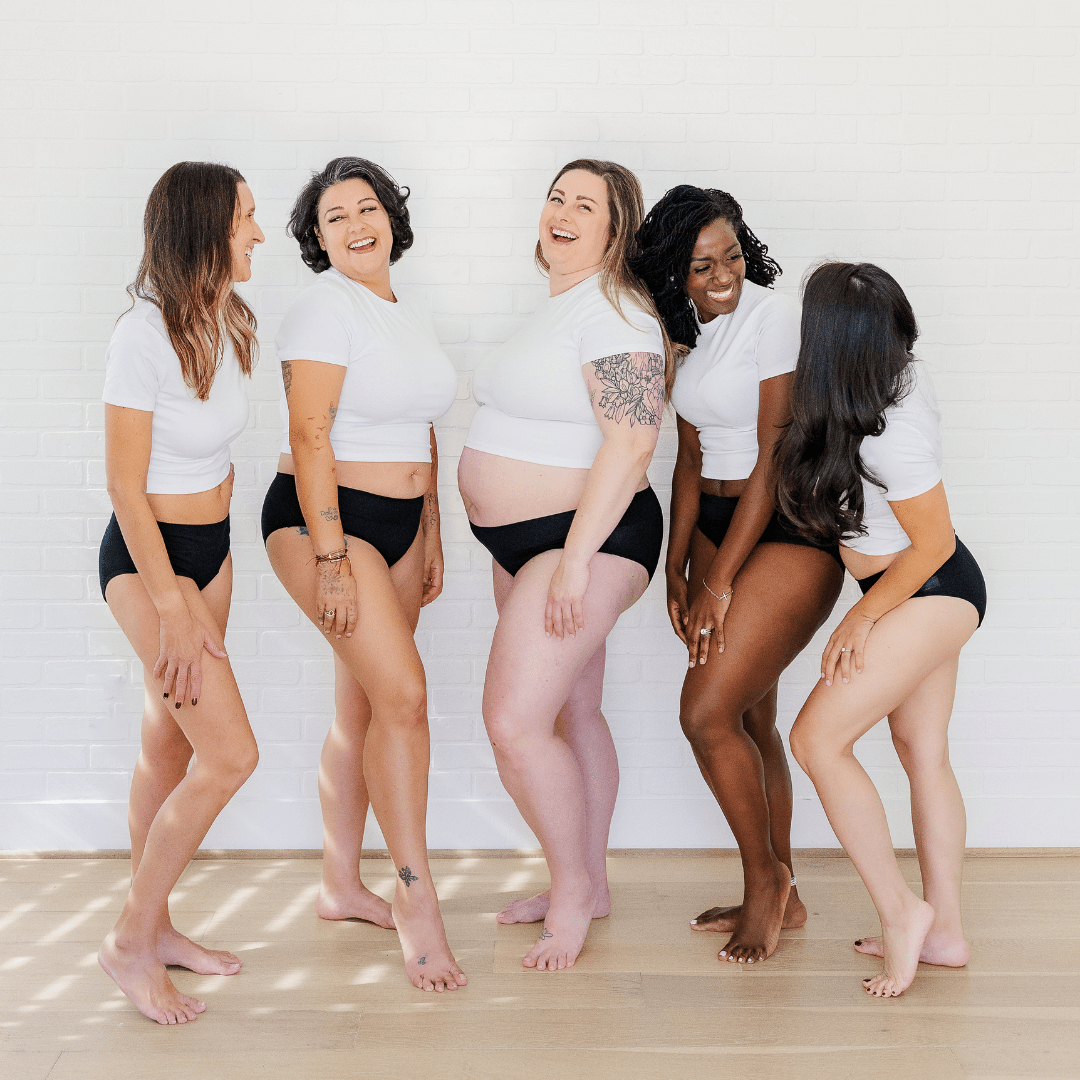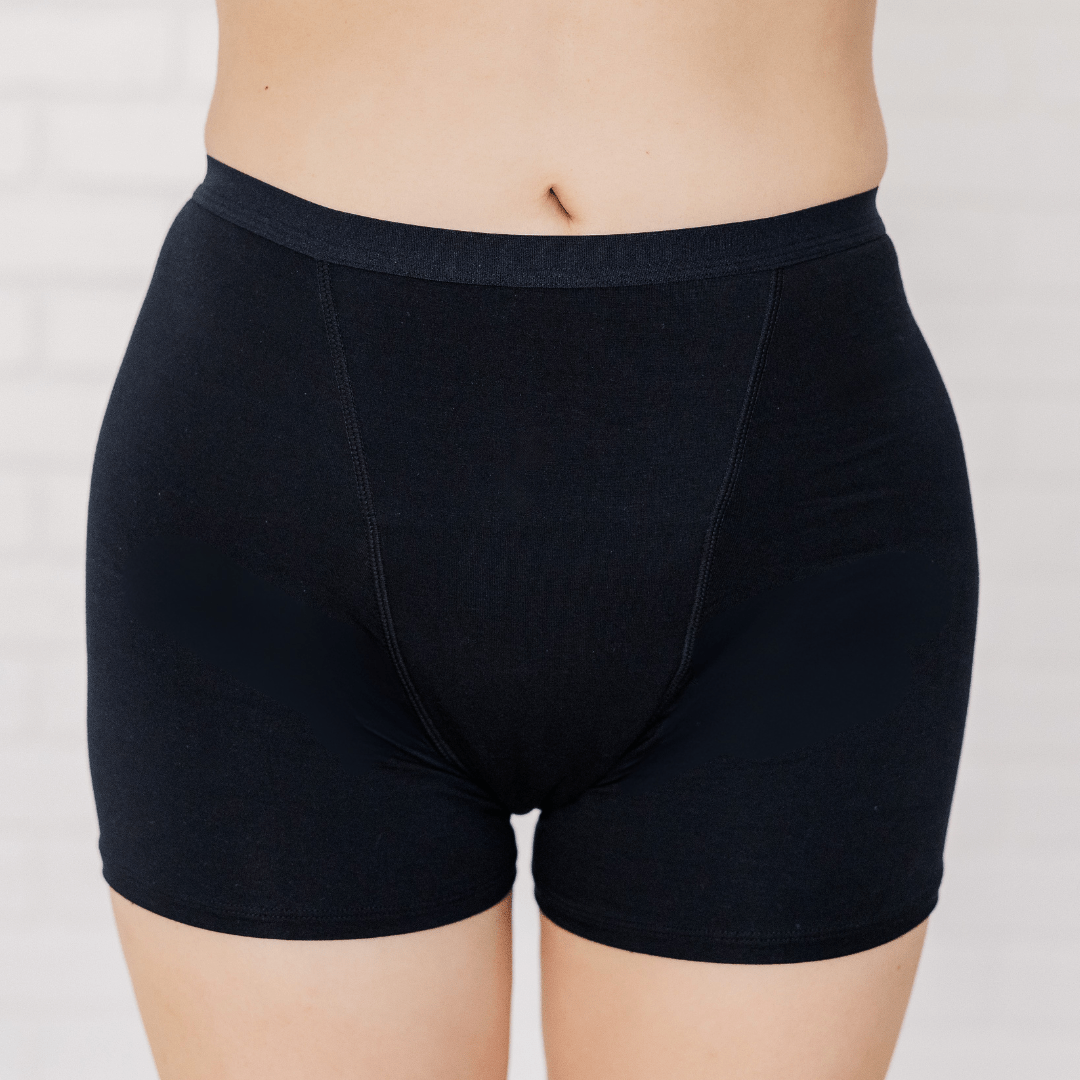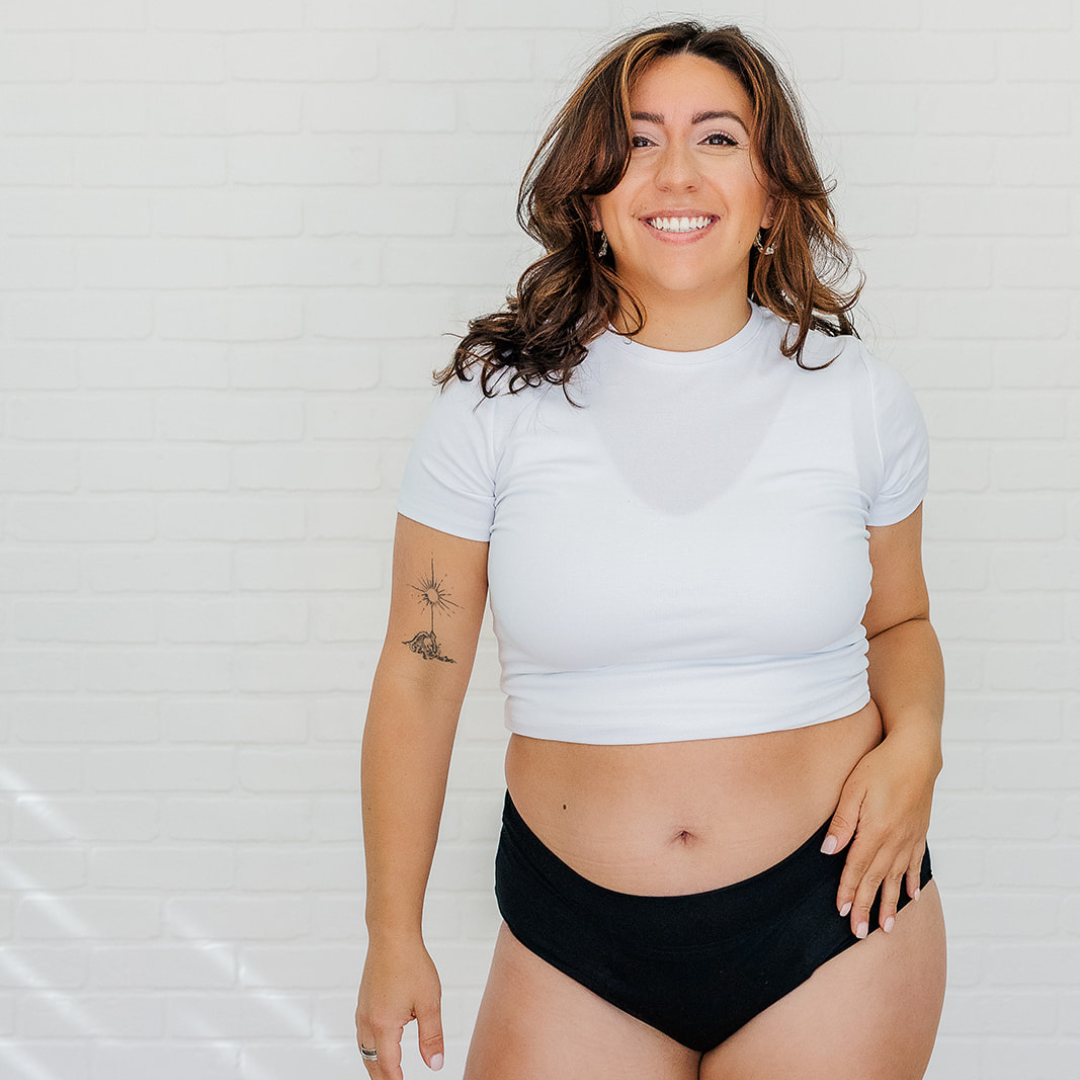Stress, Sleep, and Your Menstrual Cycle: How They’re Connected
We've all been there—juggling work deadlines, family commitments, and trying to squeeze in some “me” time… and then bam—your menstrual cycle shows up earlier, later, or feels completely different from usual. 🥸
Turns out, your stress levels and sleep quality might be playing a bigger role in your menstrual cycle health than you think.
How Stress Affects Your Menstrual Cycle
Stress isn’t just mental—it’s hormonal. When you’re under pressure, your body produces more cortisol, a hormone that can disrupt the production of estrogen and progesterone. These two hormones are essential for regulating ovulation, menstrual flow, and PMS (premenstrual syndrome) symptoms.
When cortisol spikes, you may notice:
-
Irregular periods (shorter or longer cycle length)
-
Heavier or lighter menstrual bleeding
-
Increased PMS symptoms such as mood swings, cramps, and fatigue
This happens because stress can influence the pituitary gland, which plays a key role in hormone production, including luteinizing hormone and follicle-stimulating hormone. These hormones are crucial for ovarian function and the development of ovarian follicles during the follicular phase.
💡 Cycle Care Tip: Managing stress is part of good period care. Try meditation, gentle exercise, or simply setting aside 10 minutes a day for deep breathing.
Why Sleep is Crucial for Menstrual Cycle Health
Sleep isn’t just for rest—it’s when your body resets and repairs. Poor or inconsistent sleep can throw off your circadian rhythm, which impacts hormone levels and menstrual cycle regularity.
Lack of sleep can lead to:
-
Intensified cramps and discomfort
-
More severe PMS symptoms
-
Unexpected cycle changes
Disrupted sleep during the luteal phase can worsen PMS and even delay the next menstrual period. Quality sleep supports steady hormone production, the health of the uterus lining, and overall female reproductive system balance.
Aim for 7–9 hours of quality sleep each night, and stick to a regular bedtime—even on weekends (try to avoid those late night Netflix binges!).
The Stress–Sleep Cycle (and How It Hurts Your Period)
Stress can make it harder to sleep, and not sleeping enough can make you more stressed—a frustrating loop that also disrupts your menstrual cycle.
To break the cycle:
-
Create a bedtime routine (herbal tea, light stretching, or journaling)
-
Avoid screens for 60 minutes before sleep
-
Use breathable, leak-proof period underwear so you can rest easy without worrying about leaks (Fri Period’s Boxer Brief is a customer fave for overnights!).
Cycle-Smart Self-Care Tips
Your luteal phase (the week before your period) is when sleep issues and stress can hit hardest. This is your sign to slow down. Try:
-
Tracking your cycle with a menstrual cycle tracker (we've got a free printable one here)
-
Scheduling lighter workloads during high-PMS days
-
Supporting hormone balance with consistent sleep and stress management
-
Wearing ultra-comfy Fri Period undies for overnight protection
The Bottom Line
Your menstrual cycle health isn’t just about what happens once a month—it’s deeply connected to your daily habits, including how you manage stress and sleep. By prioritizing rest, hormone balance, and sustainable period care, you’ll not only feel better but also help keep your cycle length predictable and your menstrual flow more manageable.
FAQs
1. Can stress delay my menstrual cycle?
Yes, high cortisol can interfere with ovulation and the luteal-follicular transition, leading to late or missed menstrual periods.
2. How does sleep affect my menstrual cycle?
Poor sleep disrupts hormone levels, affecting the follicular phase, luteal phase, and even the quality of the uterus lining.
3. What role does the pituitary gland play in menstrual cycle health?
It releases luteinizing hormone and follicle-stimulating hormone, which control ovarian follicles, ovulation, and hormone production.
4. Can sustainable menstrual products help?
Yes—switching from sanitary pads to reusable period underwear or a menstrual cup can reduce waste and improve comfort.
5. What’s the best underwear for overnight period comfort?
Leak-proof, breathable organic cotton—like Fri Period’s Classic Brief—is ideal for restful, worry-free nights.
